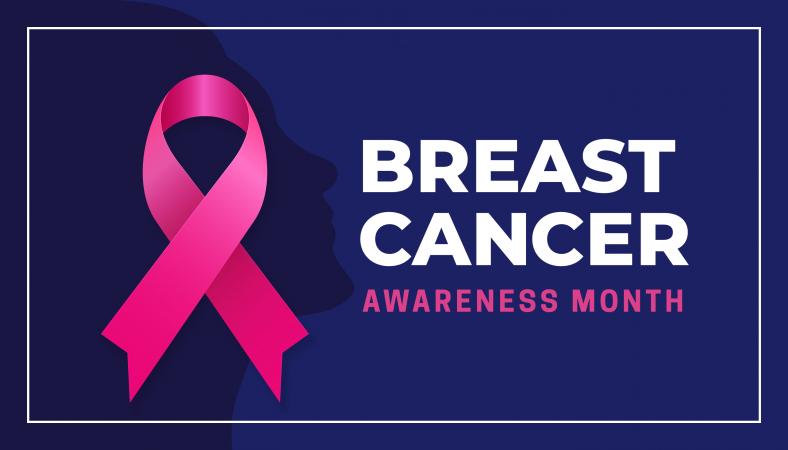Breast cancer continues to be a significant public health crisis in Ghana, with the Global Cancer Observatory reporting that approximately 2,300 out of 5,000 diagnosed individuals succumb to the disease each year. This staggering mortality rate surpasses the number of deaths caused by the COVID-19 pandemic, where an estimated 1,462 people perished in Ghana. Dr. Beatrice Wiafe Addai, the Chief Executive Officer of Breast Care International (BCI), highlights that late diagnosis plays a crucial role in the high mortality rates associated with breast cancer. By the time many patients seek treatment, the disease has often progressed to a stage that renders effective intervention increasingly challenging. Consequently, breast cancer not only poses a significant health concern but also jeopardizes Ghana’s economic stability, as many of those affected are vital contributors to the workforce.
The issue of breast cancer affects both genders, although it predominantly impacts women. Dr. Addai asserts that while the majority of breast cancer cases occur in women, one to three percent of men are also diagnosed with the disease in Ghana. This reality underscores the necessity for wider public education about breast cancer—its risk factors, symptoms, and treatment options. Dr. Addai emphasizes the importance of making breast cancer a regular topic of discussion to raise awareness of its dangers and encourage proactive health measures. Furthermore, she referenced the World Health Organization’s appeal to Low and Middle-Income countries to prioritize breast cancer awareness and management, aiming to reduce mortality rates by 70 percent by the year 2030.
One of the most pressing challenges in combating breast cancer is its elusive cause. Dr. Addai explains that, unlike many other diseases, there are currently no definitive methods for preventing breast cancer due to the lack of understanding of its etiology. However, several known risk factors exist, which warrant attention. These include the use of skin-lightening products and hair relaxers, as well as lifestyle choices such as smoking—particularly shisha—and excessive alcohol consumption. Research carried out by the Ghana Breast Health Study in collaboration with the National Cancer Institute of the USA revealed that certain hair relaxers contain carcinogenic substances that potentially elevate the risk of developing breast cancer. This information underscores the importance of regulating these products to better safeguard public health.
The dangers of smoking shisha, which Dr. Addai notes is considerably more harmful than traditional cigarette consumption—with one puff equating to the toxicity of ten cigarettes—further illustrates the variety of risk factors contributing to breast cancer incidence. Uncontrollable elements that increase susceptibility to breast cancer include being female, previous occurrences of breast lumps that have resolved spontaneously, and a family history of the disease. In light of these findings, Dr. Addai strongly encourages individuals, especially women, to engage in regular clinical breast examinations. Early diagnosis is crucial in effective treatment to prevent the advancement of cancer, which often leads to more severe interventions such as mastectomy.
Additionally, Dr. Addai warns against alternative treatments for breast cancer, particularly those involving herbal remedies. She emphasizes that no licensed individuals or organizations have received approval from the Food and Drugs Authority to cure cancer through herbal medicine. Misinformation regarding cancer treatment can lead to delayed diagnoses and exacerbate health issues. Educating the public on the perils of unverified treatments is paramount to safeguarding patient health and ensuring timely access to proven medical interventions.
In conclusion, breast cancer remains a pressing health and developmental challenge in Ghana, with a significant number of lives lost annually due to late diagnoses and a lack of awareness surrounding preventive measures. The combined efforts of healthcare professionals, governmental agencies, and community organizations are essential to raising awareness, promoting education on risk factors, and advocating for early detection strategies. By addressing this critical health issue, Ghana can work towards reducing breast cancer mortality rates and improving the overall health of its population, thereby fostering greater economic stability and wellbeing in the face of this daunting disease.














